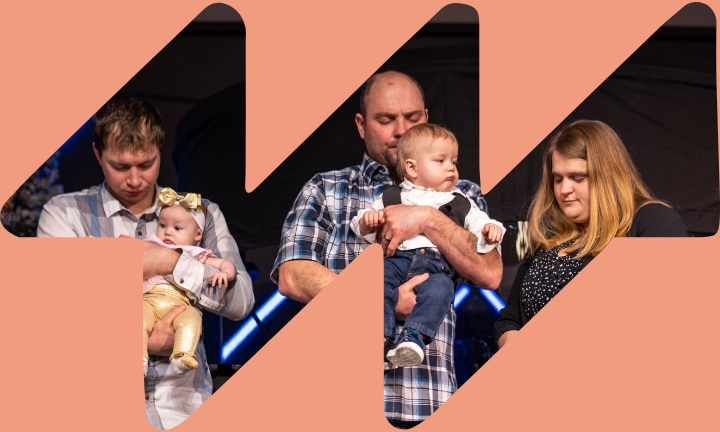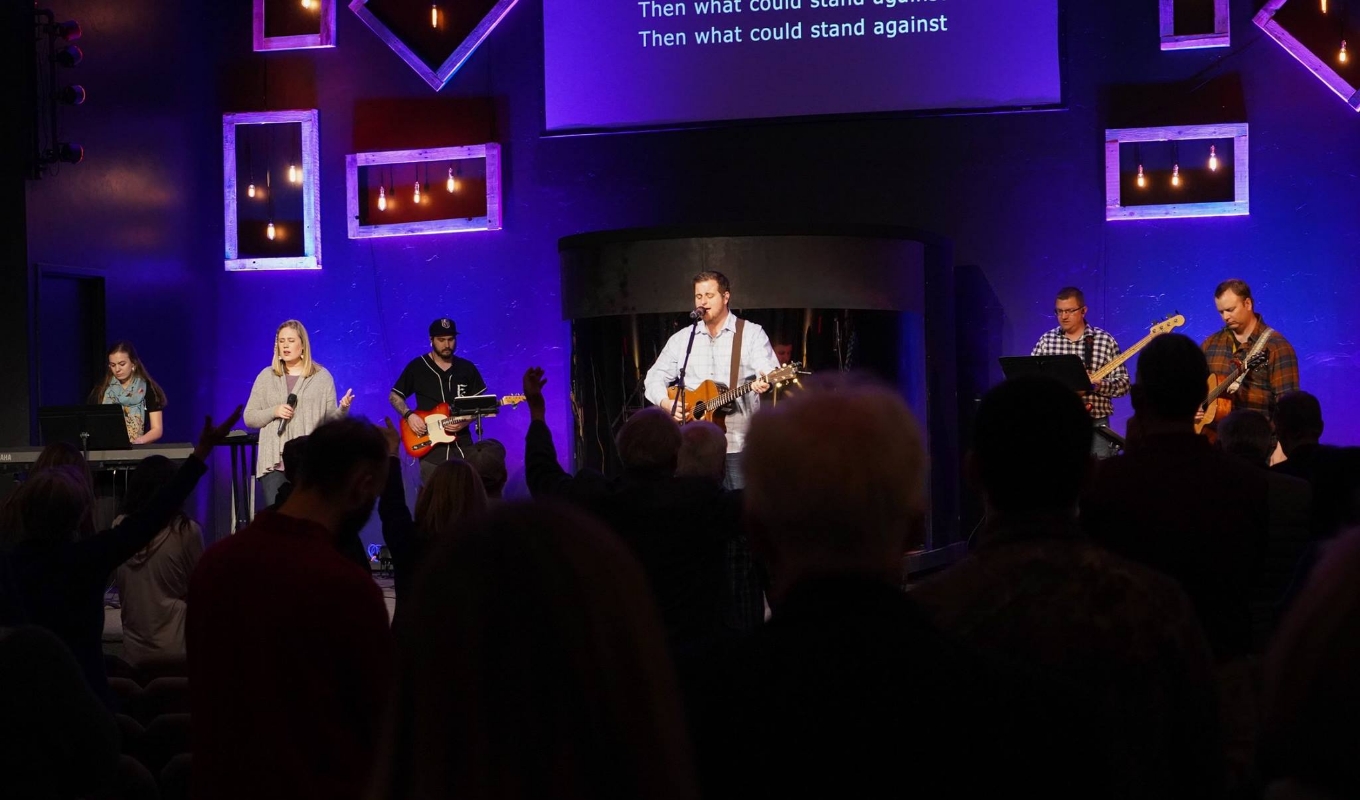In 1914 a ship called The Endurance set off from the shores of Great Britain, headed for the Arctic ocean. Its crew was headed for Antarctica, where they were to cross the ice cap on foot and meet up with a supply ship that would bring them back to Britain. The crew got as far as the Weddell Sea south of south Georgia, where The Endurance became ice-bound. It became impossible for the crew to free the ship from the ice, and they hopelessly stood by as they watched their ship crushed by ice and sink to the depths of the cold waters.
The crew salvaged what they could, including several of the lifeboats. Shackleton began to lead his crew across the icepack, hoping to reach the safety of the solid ground. They got as far as Elephant Island, where a huge decision had to be made. He concluded that it was impossible to reach landfall due to the shifting icepack. He made the decision that he and a select crew of 5 seamen would take the 22-foot lifeboat that they had been pulling and head for the whaling station of South Georgia. The trip would be 800 miles across the raging sea, where waves would reach 100 feet, almost swallowing their 22-foot craft. It is impossible for us to imagine the mental and physical condition of these men as they battled the elements of the Ross Sea.
Amazingly, they did make it to the whaling station, and Shackleton was able to return to Elephant Island and rescue the crew that he had left behind.
How did he endure such an unbelievable journey? Because he trusted his navigation skills. He was a veteran seaman, and he trusted the skills that he had learned in previous encounters. He knew how to use his navigational instruments and their accuracy.
What is Trust? Webster’s dictionary defines it as “confidence in a person or thing based on principles or qualities.” Based on that definition, on whom or in what do you place your trust? If confidence is based on principles or qualities of a person or thing, who or where do I find lasting principles or qualities where I can put my anchor and feel safe? There is nothing in the world in which I live that is not changing, so what I trusted in yesterday may have shifted today and has loosened my anchor and sent me floating across my “Ross Sea.”
Perhaps a scriptural example will help us understand this quality. Abraham. He lived among a people group called the Arameans. They lived on the land between what we call Iraq and Iran. Genesis 12 merely says, “Now the Lord spoke to Abraham…” The message that Abraham heard was that He was to move away from his people group and go where? He was not told! He merely gathered his belongings along with his wife and headed out. He had not been told where to go, even what direction. After some time had passed, he cam to a place the Bible calls Shechem. (this is modern-day Nablus, where the Palestinian government is located) Abraham built an altar and worshiped God, in whom he had placed his trust.
Does God fit the definition of “trust”? Is He a place I can place my Trust? Is He a Person whose character, qualities, and principles are ever-changing, or is He really what He says He is? He describes Himself to Moses. “I am the Lord, the Lord God, compassionate, gracious, slow to anger, abounding in loving kindness and truth; who keeps lovingkindness for thousands who forgives iniquity and transgression and sin…”.
Life buffets us. As Shackleton traveled the 800 miles across the Ross Sea to seek help, angry waves rose up to destroy that 22-foot lifeboat. I’m sure there were times he thought, “We are not going to make it.” Their rations were gone. Their conditions were pathetic. But still, he trusted his navigational skills and his instruments as they scanned the horizon for land. Everything was against him except his own confidence that he trusted in what he believed.
Life has and is buffeting us. Yes, there have been times in my life when I thought there must be something more concrete that I could trust. Perhaps my own mind. I’ve struggled with that issue. Perhaps a new formula guaranteed to bring the success that we all seek. Perhaps one more book to read, one more formula to try. Friendships are very important, and I have been close to following their example and not God. Have I been discouraged at times as I sought a secure place to trust? Yes. But I have learned to trust my instruments, which for me is the everlasting Word of God. The principles that are taught to us from “The Book” are proven to work. The God in whom those principles rest has proven that He can be trusted above all else. I have learned that trust is indeed learned. I have learned to trust Him as the Divine ruler of all things, and I have learned that I can entrust my life to Him. He will not go back on what He has said; even when I feel forsaken, He will never forsake me.
The Psalmist says it so well when he says, “Blessed is the man who has made The LORD his trust.”
Perhaps the words of an old hymn can reinforce this:
“My soul in sad exile was out on life’s sea;
So burdened with sin and distressed;
I heard a sweet voice saying make me your choice
And I entered the Haven of Rest.
I’ve anchored my soul in the haven of Rest;
I’ll sail the wild seas no more;
The tempest may sweep o’er the wild stormy deep;
In Jesus, I’m safe ever more”.



